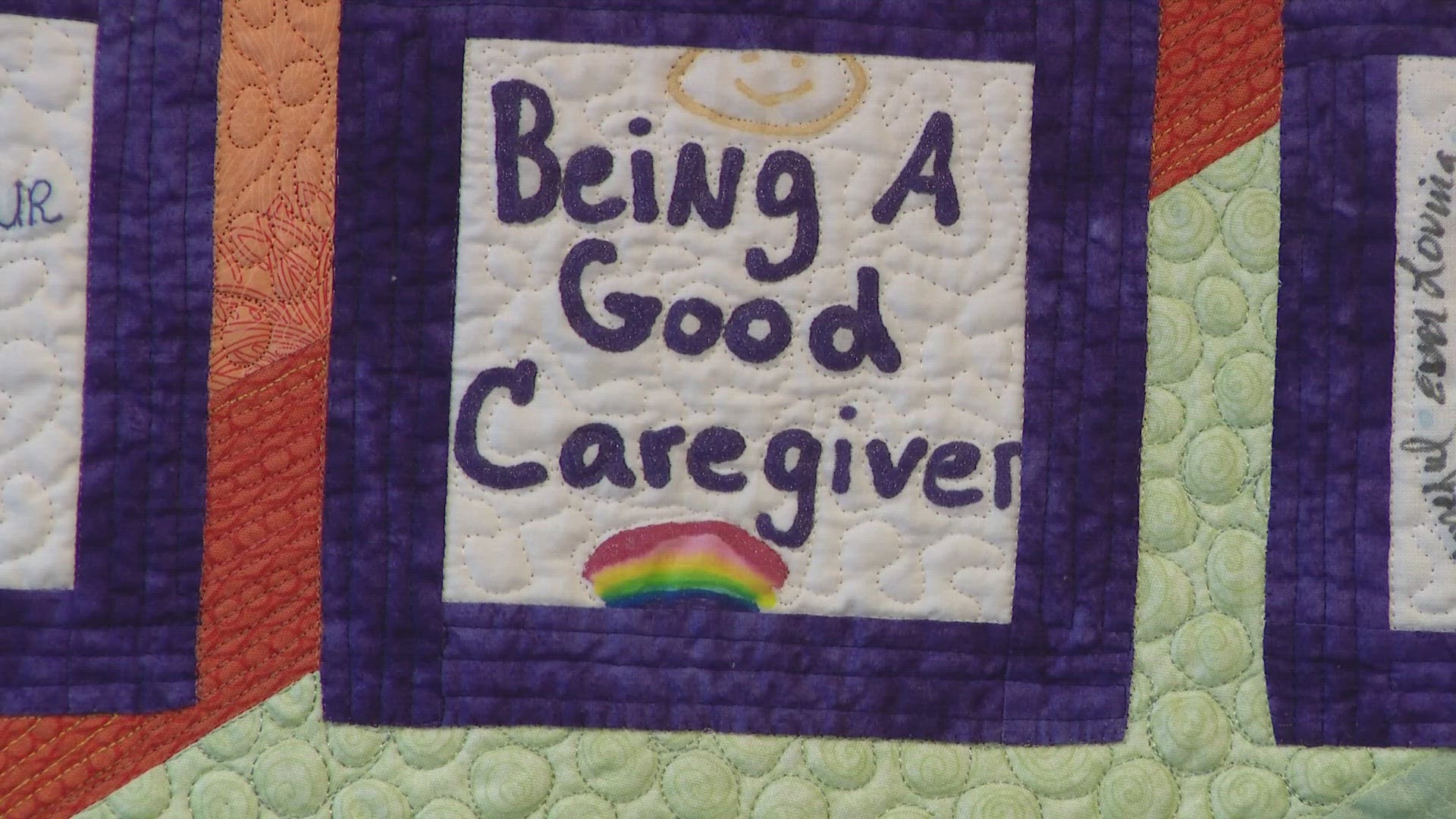ST. LOUIS — More people are becoming unpaid caregivers for their loved ones, and turnover in home health care is at an all-time high.
In fact, one in five Americans are now taking care of family members. Our Making Ends Meet report found families could be leaving life-changing money on the table simply because they don't know where to get help.
Sarah Lovegreen, with the Alzheimer's Association of Greater Missouri, said as healthcare costs continue to soar, there's a 64% turnover in in-home care. It's an issue Lovegreen and the group hear a lot about. The group's mission is not just about fighting disease, it's also about supporting families taking care of loved ones.
"So we see with dementia caregivers, they're more likely to have poor physical health compared to non-dementia caregivers," said Lovegreen. "They have higher rates of depression, higher rates of anxiety. So it's very taxing on the family."
Jay Hardenbrook represents AARP in Missouri.
"Figuring out what resources are out there for you is incredibly important," said Hardenbrook.
One resource for dementia patients in Missouri, is the Structured Family Caregiver Act. It gives families some payment for caregiving, connects them to a home care agency or provider and even gives families technical support. There are Medicaid requirements that can be a challenge, but a big problem is that not enough people know the pilot program even exists.
"There's only 300 slots available right now because they are running it as a pilot program. We have not maxed it out, I can tell you that," said Lovegreen.
AARP says 48 million Americans take care of loved ones without any pay even though many have to quit their jobs and work 24 hours or more a week for their loved ones. In Missouri, there are thousands of people who could use some help.
"Our main concern was those 18,000 caregivers who don't have any sort of health insurance. So and would be eligible for Medicaid," said Hardenbrook.
As families struggle how to make ends meet and take care of their aging families, experts say take some time to find out which resources or programs could help take off some of the weight. You don't have to go at it alone.
"We're here to help navigate that for families so that they can really ease the burden as much as possible," said Lovegreen.
There are still a lot of nuances that families have to navigate to get help. The bottom line, you should know there is likely a program that can help you get some payment to be a family caregiver. It's something the state and national groups on aging are keenly aware of as more people are living longer and need assistance.
The Structured Family Caregiver Waiver (SFCW) is a program that enables family members (including spouses) or friends to care for their loved ones at home who suffer from Alzheimer's or other dementia-related disorders. For more information click here.

